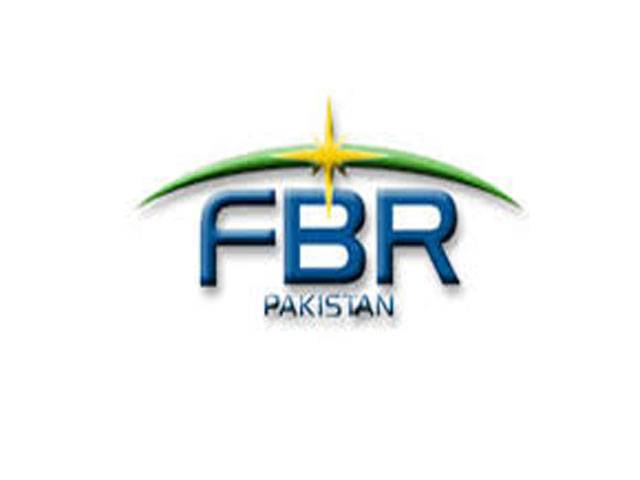PESHAWAR
The failure of the Federal Board of Revenue (FBR) in achieving revenue collection targets in first quarter of the current fiscal year 2015-16 has left many economic sectors complaining of imprudent taxation forcing the financial managers of the country to rethink their approach.
For the first quarter (July-September) of the current fiscal year, the FBR has set the target of Rs647.4-billion, which is Rs.109 billion or one-fifth higher than previous year’s collection. However, by the end of the last week FBR has receive only Rs.462 billion, suggesting it will fell short of the quarterly target by a wide margin and raising fears of imposition of more taxes and reduction in development spending like the previous fiscal year.
The current fiscal year had started with many taxation proposals that increased taxation on the documented sectors and tried to bring in cash transactions in the banking sector into tax net. After resistance from the trading community the income tax on cash transactions was brought down from 0.6 percent to 0.3 percent for a temporary phase. Trading community however continues to protest this levy and now there are reports that banks are reporting lower deposits.
In service sector business like Manpower Outsourcing companies are reeling under a taxation regime that has completely outdated the business model for them. The companies that rely on high turnover and low margins are being subjected to 8pc withholding tax and that tax is being considered as their minimum liability. This effectively means that the companies that have a fully documents business are subjected to 8pc on all revenue regardless of the profitability of the business.
The small scale service providers believe that this will put an end to their business. They believe that the minimum tax is unjust, counter-intuitive and it is against the principle of free market and contrary to practices of the better marketplaces in the world. Furthermore, it will have disastrous effects on the development of outsourcing sector in the country rendering many business models unviable and thereby causing contraction in the sector unemployment. A large number of skilled human resources could go out of employment as a result.
The new regime of taxation introduced through an amendment in clause 79 of Part IV of the Second Schedule of the Income Tax Ordinance, 2001 means that the tax will be paid by loss-making companies as well, this tax will be paid from their capital reserves or through induction of new capital making it a effectively a penalty on losses for those investing in the services sector in the country.
Similarly, the transport sector is also facing quite a challenge in the face of the new taxation regime. Transport is another business that has higher turnover and lesser margins and the transport companies working with the organised sector fear that over taxation of their documented business will make business unviable.
It appears that the budget makers for the fiscal year 2015-16 were only looking at the big businesses like cellular service providers while imposing this tax.
Telecom sector itself is suffering from a number of taxes included increased Withholding Tax and taxes like provincial GST up to 19pc on data services are making the use of broadband service uneconomical for the end user.
Most of these taxes are becoming forms of indirect taxation on the poor segments of the society. Telecom experts believe that this burden on the customers will also start impacting the revenues of the telecom operators in the current fiscal. “FBR will have to see how far it can milk the sources that are already paying heavy taxes. No model of revenue collection which fails to bring in fresh filers into tax net but relies on indirect taxation is sustainable”.
Friday, April 19, 2024
FBR failure in revenue collection leaves many sectors complaining

Opposition objects to oath-taking of MNAs amid lawlessness
5:15 PM | April 19, 2024
Electioneering to end on Friday night ahead of by-polls in 21 constituencies
5:14 PM | April 19, 2024
Fawad Chaudhry granted bail in 14 cases related to May 9 violence
5:13 PM | April 19, 2024
British Army chief lauds Pakistan Army's professionalism, expertise
5:12 PM | April 19, 2024
Israeli aircraft fire missiles at Air Force assets in Iran: Report
3:52 PM | April 19, 2024
A Tense Neighbourhood
April 19, 2024
Dubai Underwater
April 19, 2024
X Debate Continues
April 19, 2024
Hepatitis Challenge
April 18, 2024
IMF Predictions
April 18, 2024
Kite tragedy
April 19, 2024
Discipline dilemma
April 19, 2024
Urgent plea
April 19, 2024
Justice denied
April 18, 2024
AI dilemmas unveiled
April 18, 2024
ePaper - Nawaiwaqt
Advertisement
Nawaiwaqt Group | Copyright © 2024





